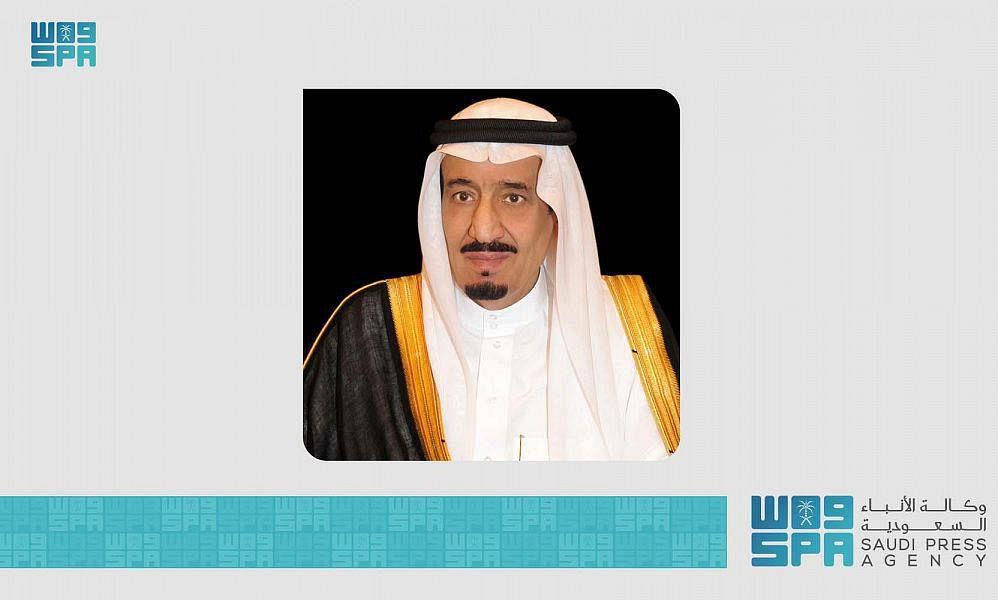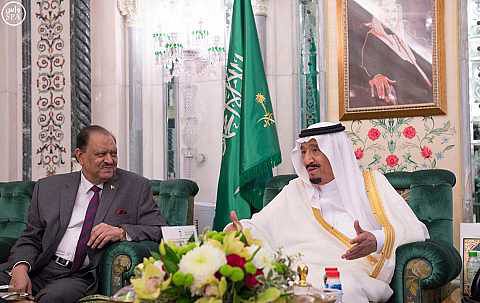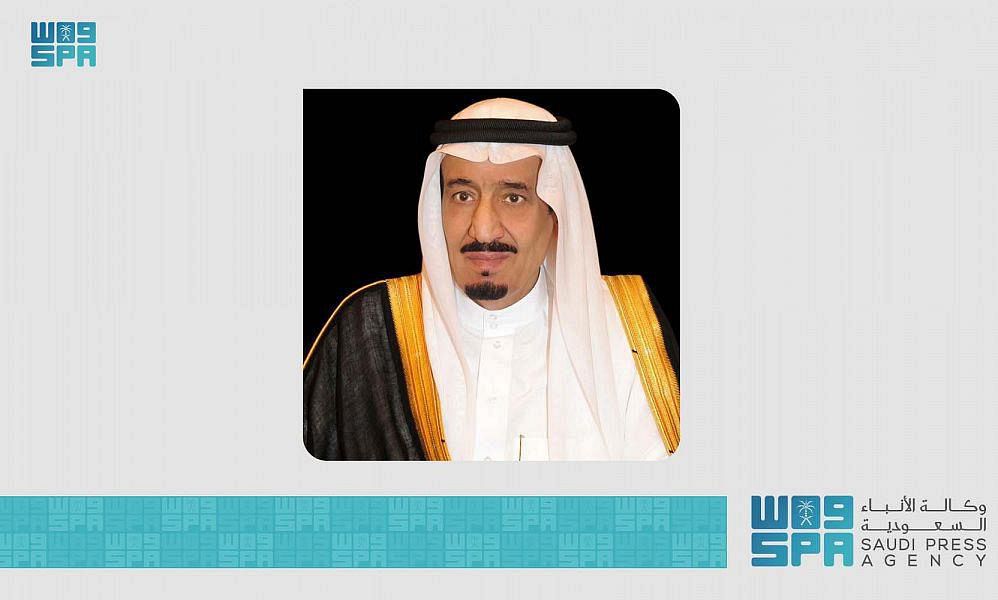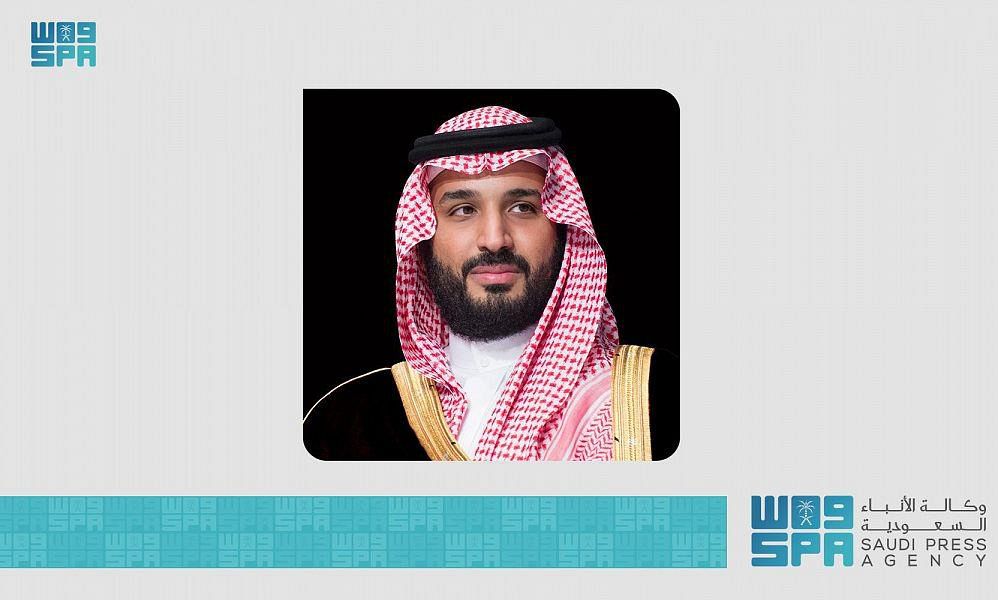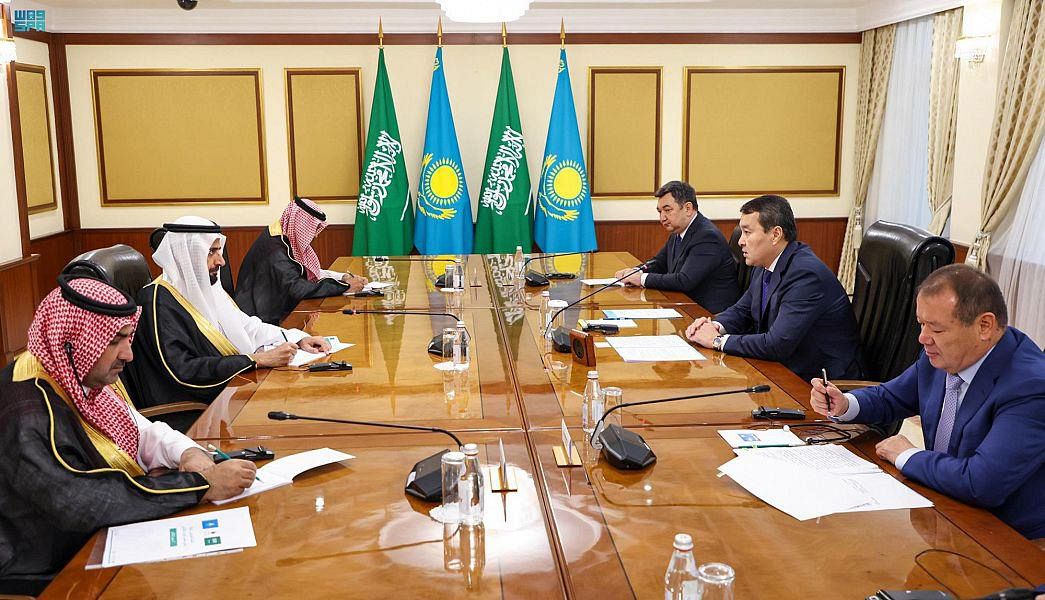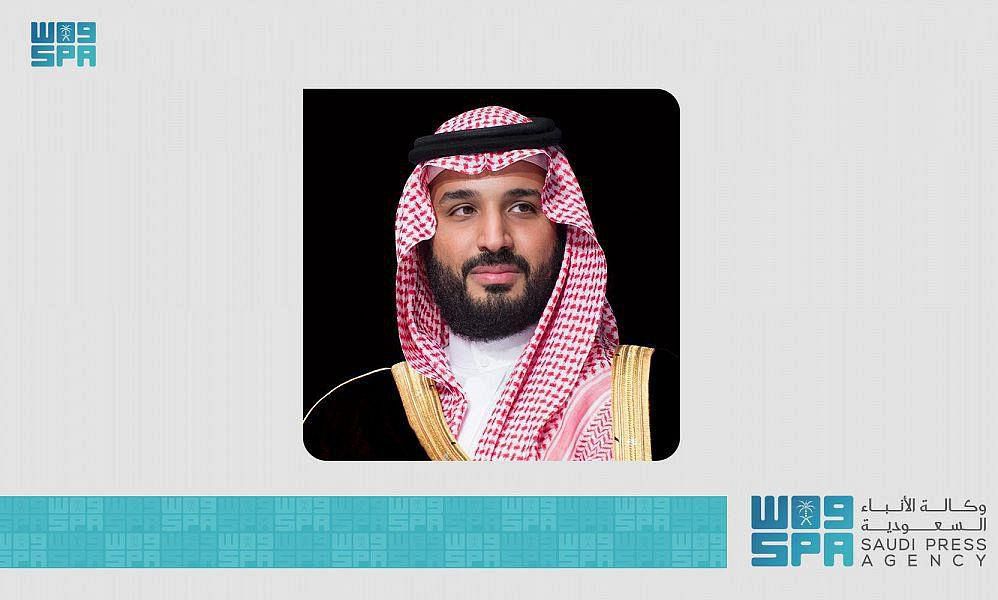
Despite his assertions that he is not seeking to run for the position of Iraq Prime Minister, head of the state of law coalition Nouri al-Maliki sparked an early debate over the issue when he said this position will be “determined by the elections.”
The former PM said before a tribal gathering at his hometown of Karbala: “This issue will be tackled during and after the polls. The prime minister will be selected from the largest bloc formed in the first parliamentary session.”
The premier will be chosen based on his electoral performance or through an agreement or according to a partnership of politicians, he explained.
“It is too soon to say who the next prime minister will be,” Maliki went on to say.
On whether he wants to run for the post again, he said: “I hope that another candidate would be running. I have my reasons for this.”
Maliki had lost the position of the prime minister in favor of current PM Haidar al-Abadi in 2014. Parliamentary elections are set for May.
Independent Iraqi politician and former MP Izzat al-Shabandar, who is close to Maliki, told Asharq Al-Awsat: “It is wrong to limit the position of PM to one or two officials.”
New standards have been put in place and they emphasize national traits, as well as Arab, regional and international ones. Talk of choosing a prime minister from the largest political bloc is therefore outdated, he remarked.
“Traits should be the focus of talks and not names. There is a great difference between the two,” stressed Shabandar.
Asked if he believes that Maliki’s speech in Karbala was part of a political ploy ahead of him announcing his candidacy for the premiership, he replied: “He will not run for this position again. He has repeatedly announced that.”
“Maliki is head of a political bloc and it is important for him that it wins the largest number of seats in parliament. Blocs that want to ally themselves with him or the blocs he wants to run with will formulate a vision over who the next prime minister should be. The choice should be based on the new standards, not the old ones,” he urged.
He hoped that Iran would not seek a candidate who would implement its agenda in the region. This also applies to Arab countries, said the former MP.
Prominent Sadr Movement official Amir al-Kinani meanwhile told Asharq Al-Awsat that Maliki is “raising the roof of his demands in order to garner as many gains as possible and avoid the 2014 scenario where he incurred major losses.”
“He knows that the ball will not return to his court, but he wants to remain a strong player through backing another candidate for various reasons,” he added.
One of the most important reasons is that the Sunnis do not support him and the Kurds are divided over him. The Shi’ites also have their problems that do not favor Maliki, he explained.
He therefore has no choice but to raise the roof of his demands because the forces that want to side with him want him to achieve its interests, noted Kinani.




